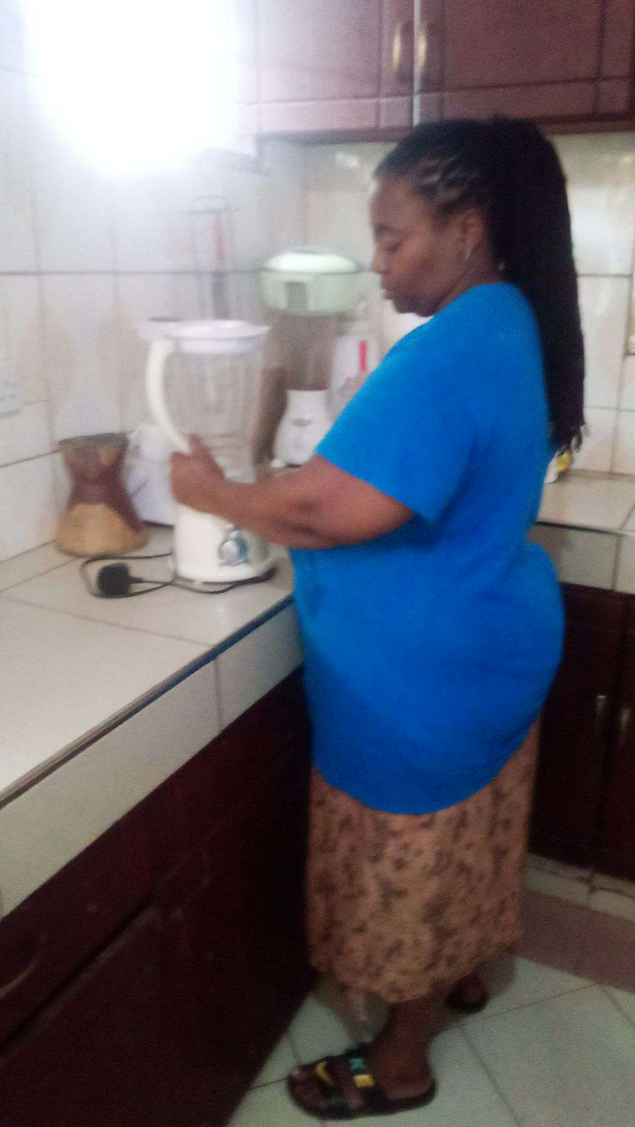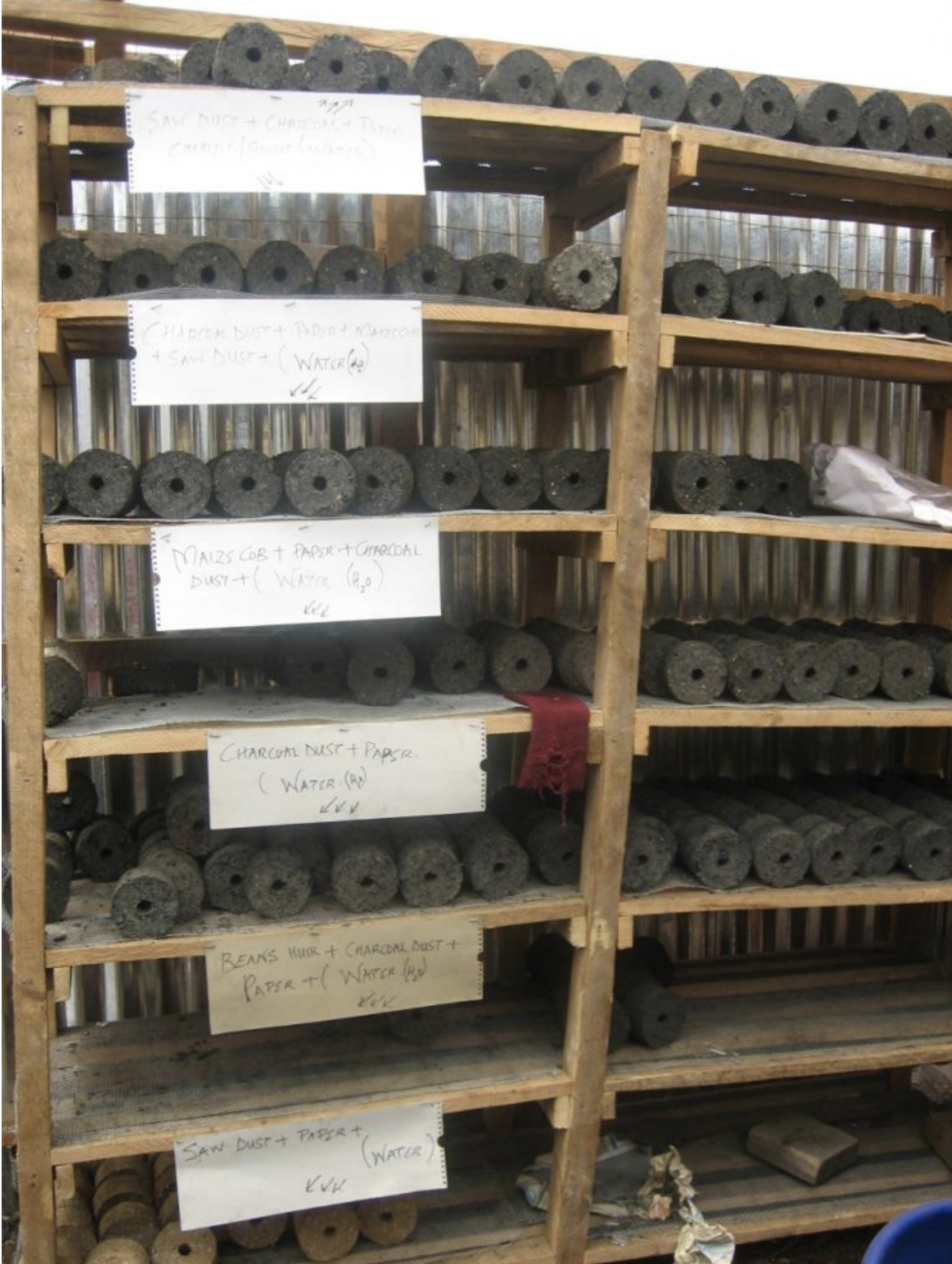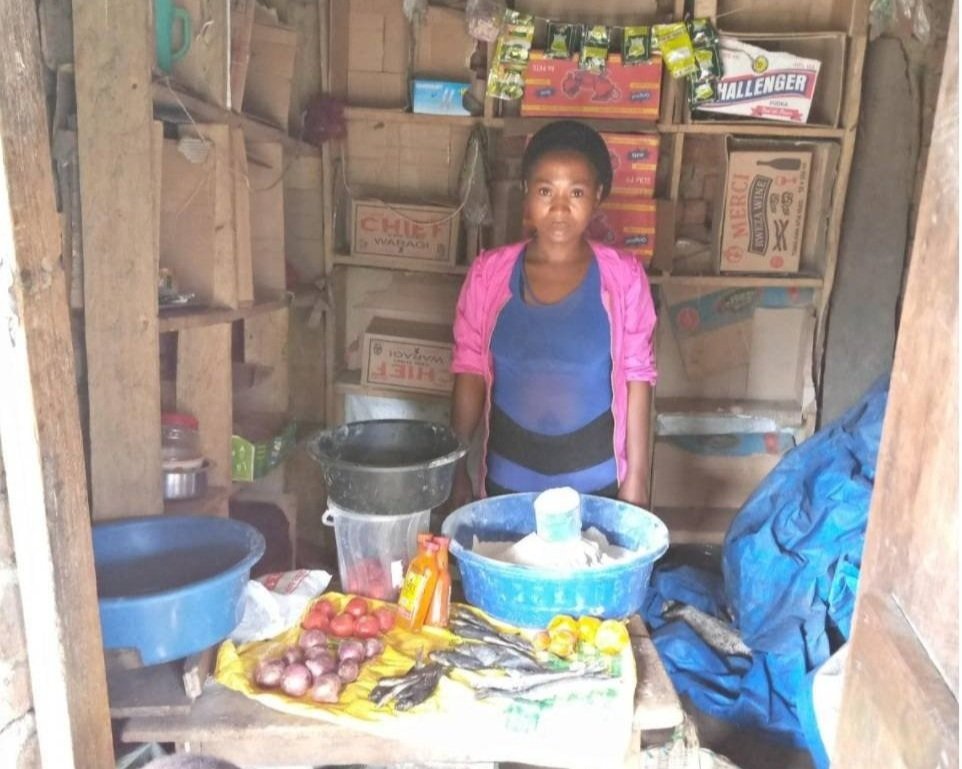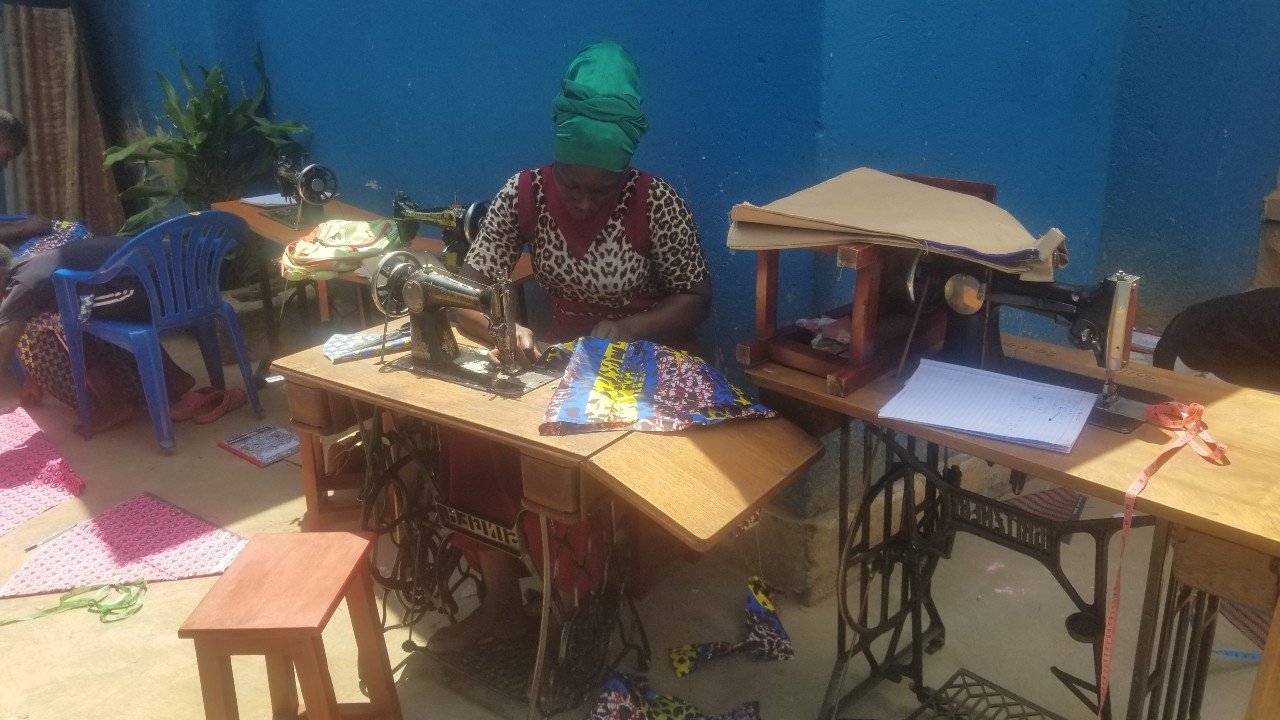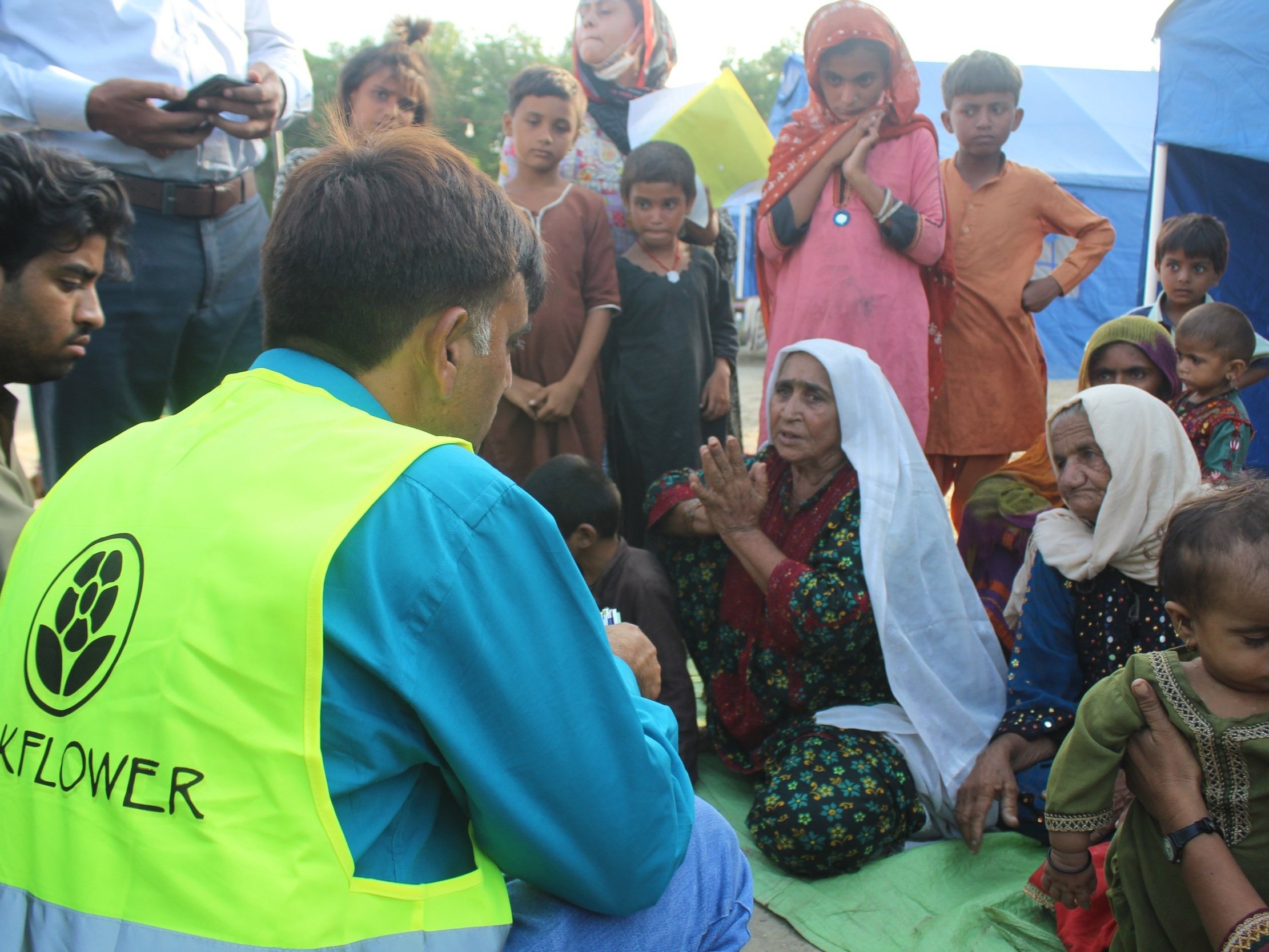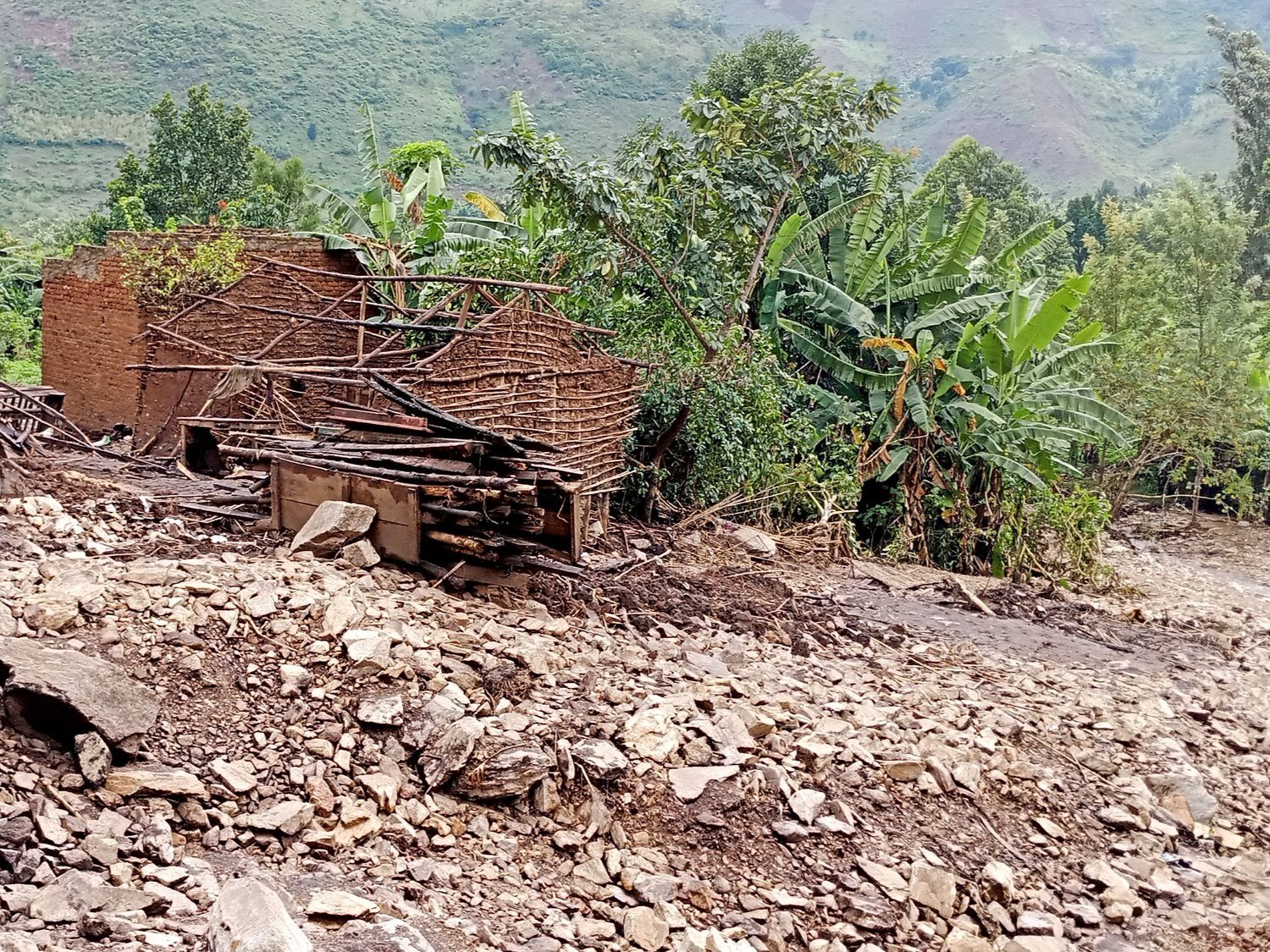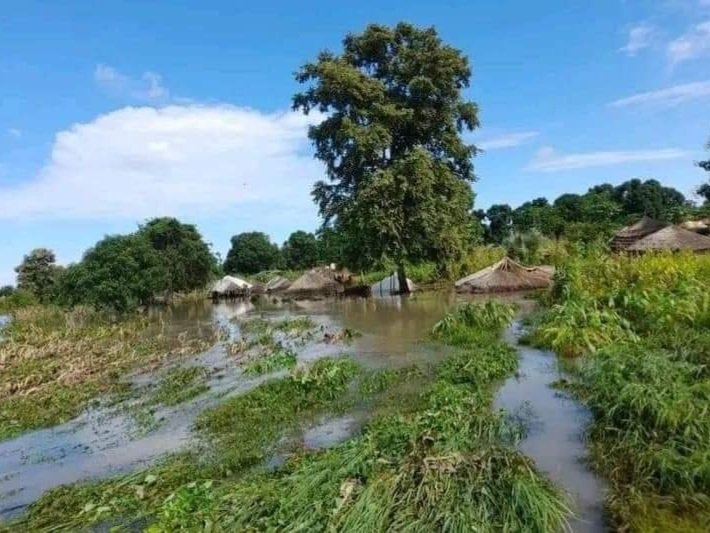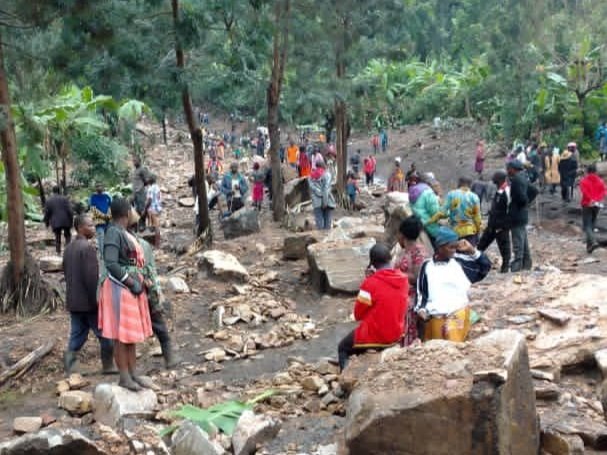Women from Hope for Rural Women during their beekeeping project.
Uganda was recently struck by a horrific terrorist attack that targeted Lhubiriha Secondary School in the border town of Mpondwe. The attack, carried out by the Allied Democratic Forces (ADF), resulted in the loss of at least 37 lives, with the majority being innocent students. This tragedy has deeply impacted the Rockflower community, particularly three members of our partner organization, Hope for Rural Women, who have tragically lost their children to this senseless violence.
The ADF, known for its history of violence in Uganda and the Democratic Republic of Congo (DRC), has caused immense suffering over the years. According to a congressional report, the armed rebel group has razed schools, villages, and U.N. outposts, resulting in the deaths of thousands of civilians between 2014 and 2022. With ties to ISIL (ISIS), the ADF has utilized the volatile eastern DRC as a base for launching attacks, further destabilizing the region.
The recent attack on Lhubiriha Secondary School marked one of the deadliest incidents in Uganda since the twin bombings in Kampala in 2010. The tragedy claimed the lives of innocent students, leaving behind grieving families and a shocked community. The impact has been particularly devastating for our partners in the Kasese district of Uganda, whose children have been taken from them too soon.
Recognizing the urgent need for support, Rockflower has sent funds to Hope for Rural Women to assist in covering the immediate needs of the affected families. However, the road to recovery will be long and arduous. The families who lost their children in the attack require ongoing support to help them cope with the emotional and psychological trauma they have endured.
Hope for Rural Women’s director, Juliet said, “I am equally devastated by what I saw on the ground here... It was horrible, here 41 innocent students being killed, majority burnt beyond recognition and scores abducted. Yes the women need support especially the 3 women who lost their children in the attack. DNA tests to match relatives of those who were burnt beyond recognition will be carried out. More prayers are needed.”
At this critical time, we stand in solidarity with our partners in Uganda. It is imperative that we come together as a global community to support the affected families and help rebuild their lives. By providing financial assistance, emotional support, and access to necessary resources, we can help these women, their families, and the community heal from the profound impact of this terrorist attack.



